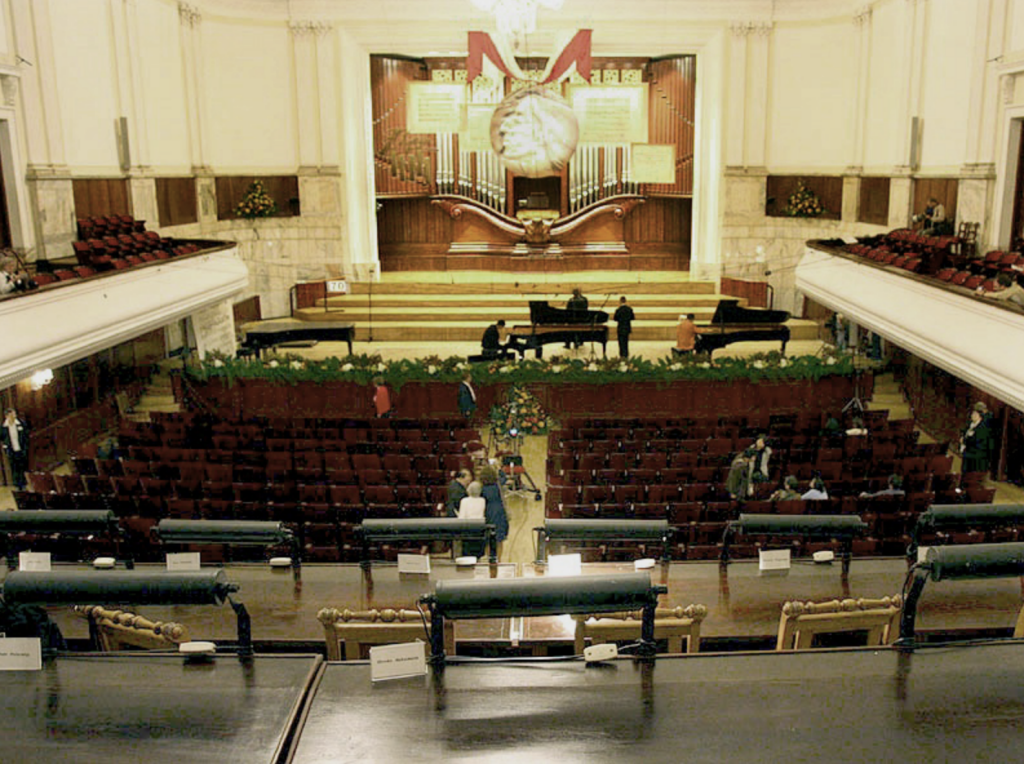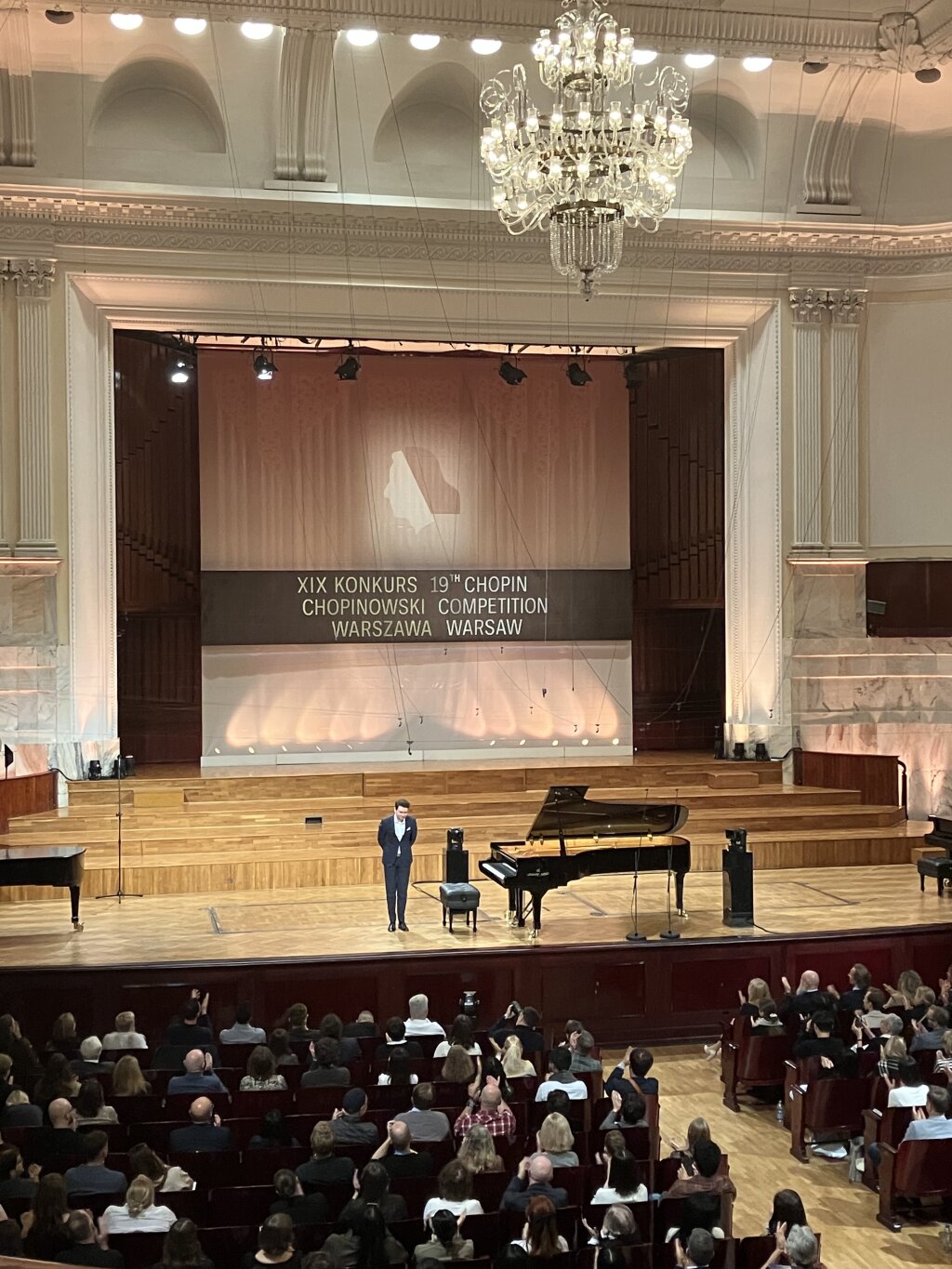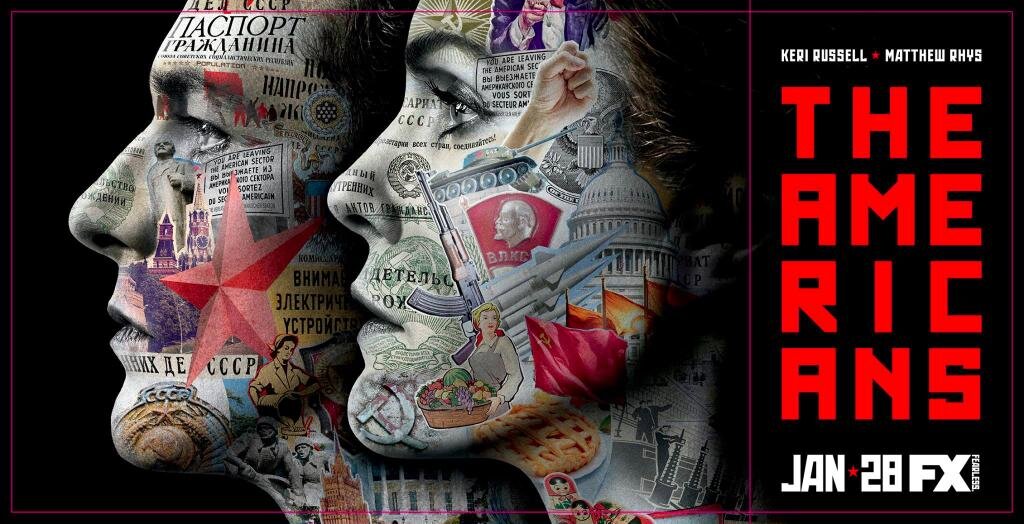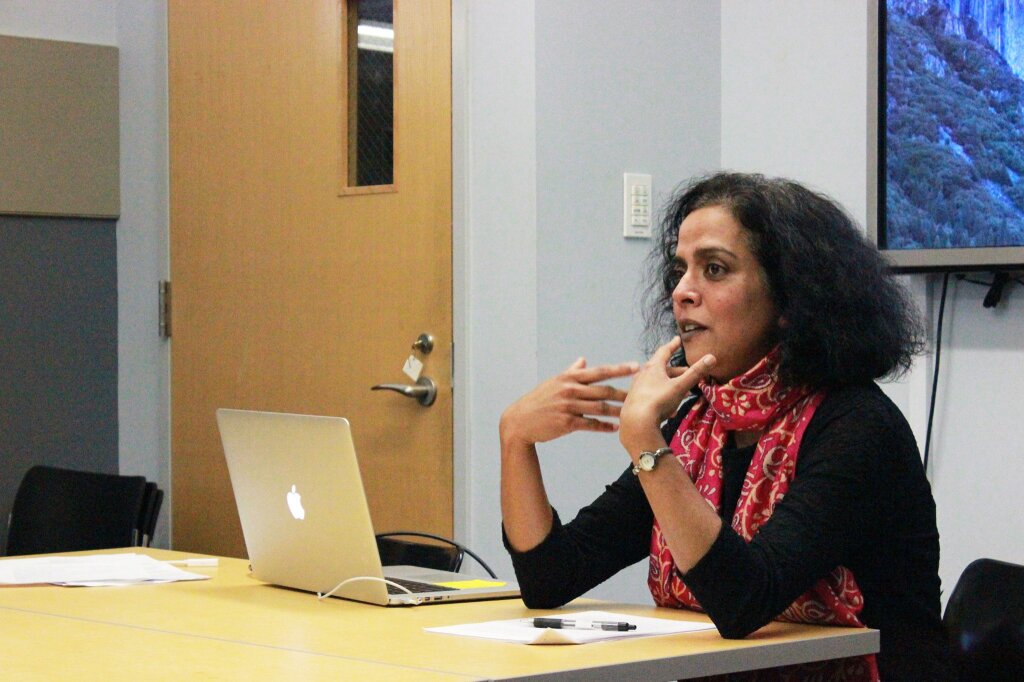Tony Lin is an Assistant Professor of the Practice and the Russian/ Slavic Coordinator at Boston College. He has published on Polish and Russian music and literature. He is currently working on the history of Chopin concerts in Warsaw’s Łazienki Park, funded by a Fulbright-Hays Faculty Research Abroad grant.
Often described as the Olympics for pianists, the International Chopin Piano Competition is held every five years in Warsaw, Poland. This year’s edition boasts 84 participants from 20 countries competing for cash prizes and, more importantly, coveted concert and recording engagements and name recognition. The winners will join the likes of Martha Argerich, Maurizio Pollini, Mitsuko Uchida, and other major names in the world of classical music.
Along with the Van Cliburn, Queen Elisabeth, Leeds, and Tchaikovsky, the Chopin Competition is among the oldest and most prestigious in classical music. Unlike in other competitions, contestants in the Chopin Competition play works by one composer only. Tickets for the event, which went on sale one year ago, sold out in minutes. Thanks to the livestream, an even larger audience can tune in remotely to see contestants grapple with some of the most difficult music in the piano repertoire.
This year, the three-week event (which began on 2 October) carries unusual weight. It marks the competition’s centennial; it will be chaired for the first time by a non-Pole (American pianist Garrick Ohlsson, who won the competition in 1970); and it has imposed new political requirements on Russian entrants. Russian pianists, normally well-represented and having won 6 of the previous 18 competitions, must compete under a neutral flag, as athletes do in the Olympics. In addition, they must sign a declaration “to strictly avoid any form of support for the regimes and activities that are contrary to international conventions both publicly and privately.” The declaration goes further still by asking participants to affirm: “I also hereby declare to avoid any manifesting [sic] of my political views that could be perceived as favoring standards contrary to international conventions both in spoken or written form.”
Although the declaration is worded vaguely and does not explicitly mention Russia’s war in Ukraine, signing it carries the risk of violating Russia’s strict laws against criticizing the “special military operation.” The declaration effectively deterred Russian pianists and dramatically reduced their number this year to just two (both of them currently study outside of Russia and are well-liked in Poland; one won the Paderewski Competition in 2019 and the other participated in the previous Chopin Competition in 2021). While some competitions (like the Dublin and Honens) banned Russian participants altogether, others—like the Van Cliburn —made a point of separating art and politics and allowed Russian entrants. The Chopin Competition has staked out a middle ground: participation is permitted, but conditional.
A musical contest—despite its competitive nature—often fosters contacts and friendships. For example, the first Chopin Competition, in 1927, was held less than a decade after Poland regained independence from Russia and others, but was won by a Russian pianist, Lev Oborin. Oborin went on to become a beloved figure in Poland, serving on the jury of the Chopin Competition in 1949 and 1955.
The most famous example of friendship forged by a competition is surely Van Cliburn, a Texan who won the inaugural Tchaikovsky Competition in Moscow in 1958, during the height of the Cold War. The competition was intended to showcase Soviet superiority in classical music, so when Cliburn played Russian music better than the Russians, and the public became infatuated with him, the jury had to get the approval of the Soviet leader, Nikita Khrushchev, to award him the gold medal. Khrushchev consented, reportedly saying: “Art is free from prejudice!” Cliburn became a superstar in the Soviet Union despite his American identity, while his affinity for Russians raised eyebrows back home.
Both Cliburn and Oborin’s victories show that political nemeses can put aside their differences for the sake of art. But that possibility feels more fraught this year, with global fault lines unmistakably visible. The competition still features two Russian contestants and a Russian jury member—Yulianna Avdeeva, who won the competition in 2010—but the declaration that Russian participants are required to sign gives rise to the perennial question: can art truly stand apart from politics?
As the only EU country that borders both Russia and Ukraine, Poland senses an escalation of the war in Ukraine more acutely than most. Perhaps for this reason, Russian music has virtually disappeared in public performances since the war began in 2022, although there is no law formally prohibiting it. Quietly (and not so quietly), music by Shostakovich, Tchaikovsky, and others can once again be heard in concert halls in Poland, and Poles seem to be accepting this return with little to no pushback.
From open-air Chopin concerts and international festivals to the Warsaw airport (named after Chopin) and an upcoming biographical movie (“Chopin, a Sonata in Paris”), Poland celebrates its most beloved composer profusely, with the Chopin Competition being a prime example. People around the world travel to and eagerly follow this quinquennial competition.
Much is at stake for the young pianists on the stage. At stake, as well, are the place and purpose of art amid geopolitical tension and conflict. Requiring contestants to sign a declaration of political neutrality imposes a litmus test—and exposes them to potential personal risk—for circumstances they did not choose. The purpose of such a declaration is unclear, and applying it only to those of Russian birth, while exempting others with Russian ties through heritage, study, or residence, seems less an act of principle than one of discrimination.




